 Sam Warburton says that he has no truck with the defeatist claptrap which says that the Lions cannot win in New Zealand four years from now. The captain of the victorious 2013 Lions gave this succinct summary at the final tour press conference at the RAC club in Sydney: “It’s total rubbish.”
Sam Warburton says that he has no truck with the defeatist claptrap which says that the Lions cannot win in New Zealand four years from now. The captain of the victorious 2013 Lions gave this succinct summary at the final tour press conference at the RAC club in Sydney: “It’s total rubbish.”
Warburton is right. It is time that the Lions’ dismal tour record in New Zealand was amended, so that the great team of 1971 no longer stands alone on the honours board of winners. There is, however, a very good reason that they are the only name on the ledger. New Zealand is the most difficult tour of all.
Unlike the six weeks Warburton’s side spent in Australia, where the wall-to-wall coverage of Aussie Rules and Rugby League ensured they were not the only game in town, the whole of New Zealand will be focused on the tour.
That Kiwi focus will be beady-eyed and forensic, and the more of a threat the tourists are to their beloved All Blacks the more it will intensify.
The Lions are the enemy, and behind the ‘Kiaoras’ and smiling welcomes there will be a hard-bitten desire to see the best of British and Irish brought to their knees and given a thorough kicking (metaphorical, of course).
Lions bashing is part of Kiwi culture, and, with the NZ media operating as the 16th man, they are much better at it than either the Australians or South Africans.
The old adage for visiting international players is that until you get the recognition of the New Zealand public, you are an also-ran. The sense of All Black rugby superiority is ingrained, and the idea that the 2017 Lions are something special will be eroded from the moment they set foot in the land of the long white cloud.
Should Warburton captain the 2017 tourists – and he says he is desperately keen to do so – he will soon discover that any weakness will be sand-blasted and mercilessly exposed.
My hunch is that if the 2013 Lions had gone to New Zealand with the weaknesses that became apparent in Australia – flaws that the Wallabies were unable to exploit – they would have been losers rather than winners.
The most obvious example is the scrum. Eventually, a superior scrum was the core factor in the Lions triumph, and at the heart of it was the superb job done by Dr. James Robson and his medical team to get Alex Corbisiero fit for the Sydney Test.
Corbisiero’s demolition job on Ben Alexander, combined with the dominance established by his front row partners Richard Hibbard and Adam Jones, underpinned the 41-16 victory in the decider.
However, much as Warren Gatland and his coaching team deserve to be congratulated on a hugely significant series win, any worthwhile analysis of the tour should not be starry-eyed.
One obvious truth is that Corbisiero’s contribution to a dominant scrum was more accident than design. For all the plaudits heaped on the English loosehead afterwards by the Lions head coach and his forwards coach, Graham Rowntree, he did not make the initial selection.
England took him to Argentina, while the Lions opted for international retiree Matt Stevens as their switch-hitter, even though Corbisiero also has the ability to play on either side of the scrum.
After the ankle injury to Cian Healy in the second match of the tour, and Gethin Jenkins’ failure to recover from a calf pull – returning home without playing at all – the Lions were in serious trouble at loosehead.
Mako Vunipola had a tremendous tour, with the young Saracens No.1 proving that he is one of the best front-row carriers and ball-players on the planet. However, it also soon became apparent that, after only one season in the Premiership, he was not a Test standard scrummager.
That is why when Corbisiero parachuted in from South America he went straight into the first Test line-up. The problem was that the plan unravelled when, after an impressive 50 minutes in Brisbane, his calf went. For the final half-hour, with Vunipola replacing him, the Lions scrum started to creak.
With the first Test in the balance a Lions attacking scrum 10 metres from the Wallaby line was turned over, and soon afterwards they were shoved backwards at an Australian put-in.
With two minutes remaining a Wallaby wheel and shunt at a Lions scrum put-in a few metres inside their own half ended in disaster. As the scrum slewed round the Lions front row was penalised – harshly but predictably – for a deliberate collapse, and Kurtley Beale had the kick to win the match.
He missed because he slipped, but had the penalty been good Australia would have won 24-23. The Lions scrum shortcomings would have been blamed for the defeat, and rightly so.
With Corbisiero still injured there was no remedy forthcoming from the Lions coaches before the second Test in Melbourne other than to stick Vunipola back in the firing line, this time as the starting No.1.
Vunipola battled gamely, but the lack of a solid platform again proved costly, with the Lions losing territory and possession, and having to play off the back foot. After two Christian Leali’ifano penalties had punished the Lions loosehead for early scrum collapses the momentum was with the Wallabies, and it stayed that way with their 16-15 victory levelling the series.
With Corbisiero restored at loosehead for the Sydney decider those wrongs were set right. But that cannot be allowed to obscure the evidence that when it came to attention to detail, and making the right selection calls at the right time, the 2013 Lions lived dangerously.
One of the tour mysteries will forever be why Andrew Sheridan, having had an outstanding season for the Heineken Cup champions, Toulon, was not called out when Healy and Jenkins headed home.
It is perplexing how, having put such a premium on previous Lions Test experience in other positions, Sheridan’s did not have the same value to Gatland and Rowntree. Instead, they called up Ryan Grant, who sat on the bench in Melbourne but did not get on, and Tom Court, neither of whose Test credentials or experience were in the same ballpark as Sheridan’s.
While Corbisiero confirmed his arrival as a world-class loosehead, my belief is that had Sheridan been called in as cover and started in Melbourne, then the Lions would have stood every chance of clinching the series 2-0. In addition, had he come off the bench in Brisbane the Lions would not have had to rely on a Beale slip to win the first Test.
Warburton has every reason to be upbeat about the 2017 Lions chances in New Zealand. With a generation of players as talented as Leigh Halfpenny, George North, Jonathan Davies, Manu Tuilagi, Richie Gray, Sean O’Brien, Corbisiero, Healy and Vunipola – to name a few – still in harness.
As Warburton put it after looking at the GPS computer at a training session in Noosa, “……the data was showing that the current age of the players taking part in the session was 25. If that same group of players is still available in four years’ time, they will be hitting their straps as 29-year-olds. Just imagine how good they could be.”
Yet, however good they are, the mistakes made at loosehead in 2013 serve as a cautionary tale. When the Lions go to New Zealand they will not be able to make selection errors of that magnitude and expect to win a series against the All Blacks.

1 Comment
You must be logged in to post a comment Login
Leave a Reply
Cancel reply
Leave a Reply
You must be logged in to post a comment.
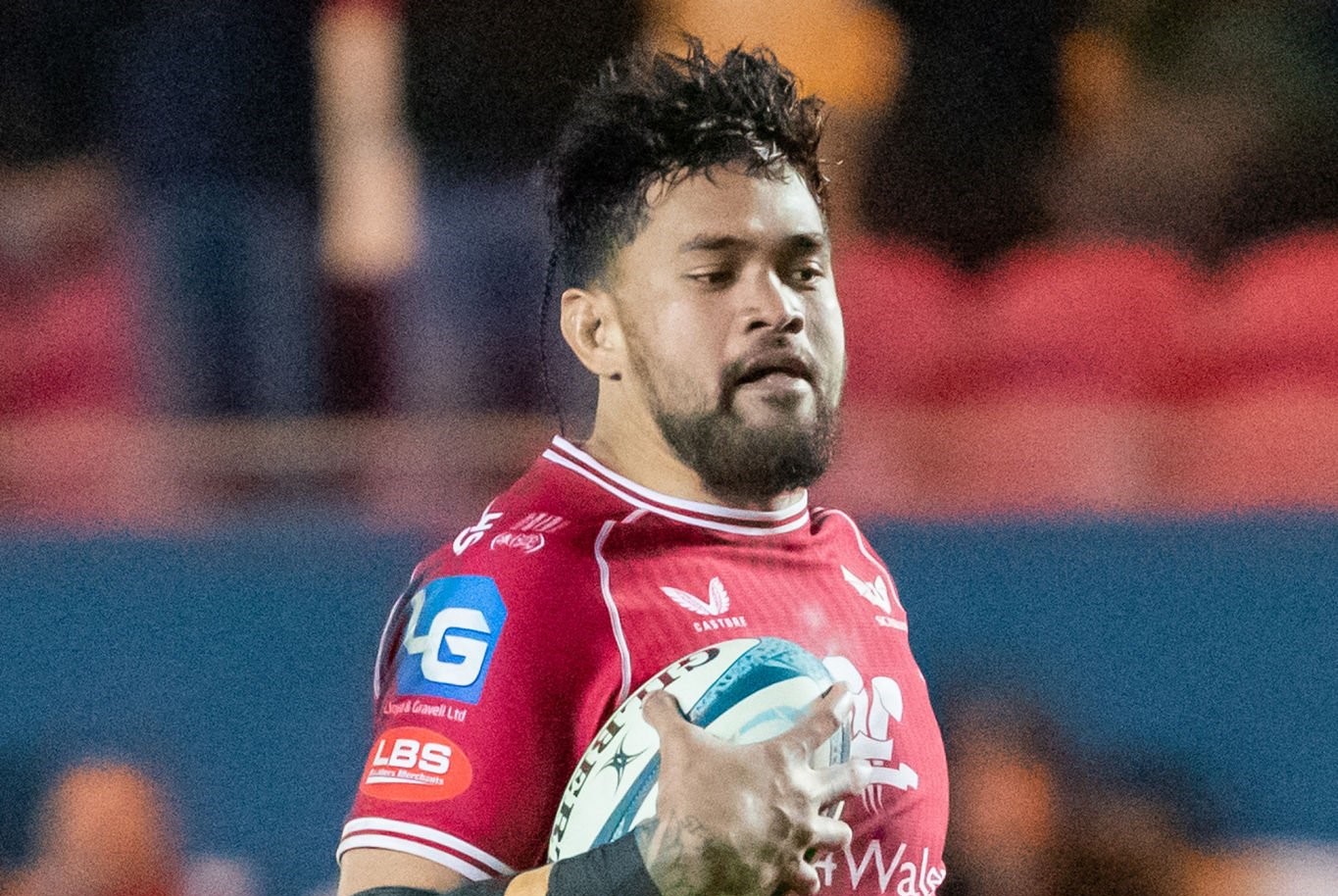
United Rugby Championship
Vaea Fifita’s commanding presence has Scarlets pushing for URC play-off spot
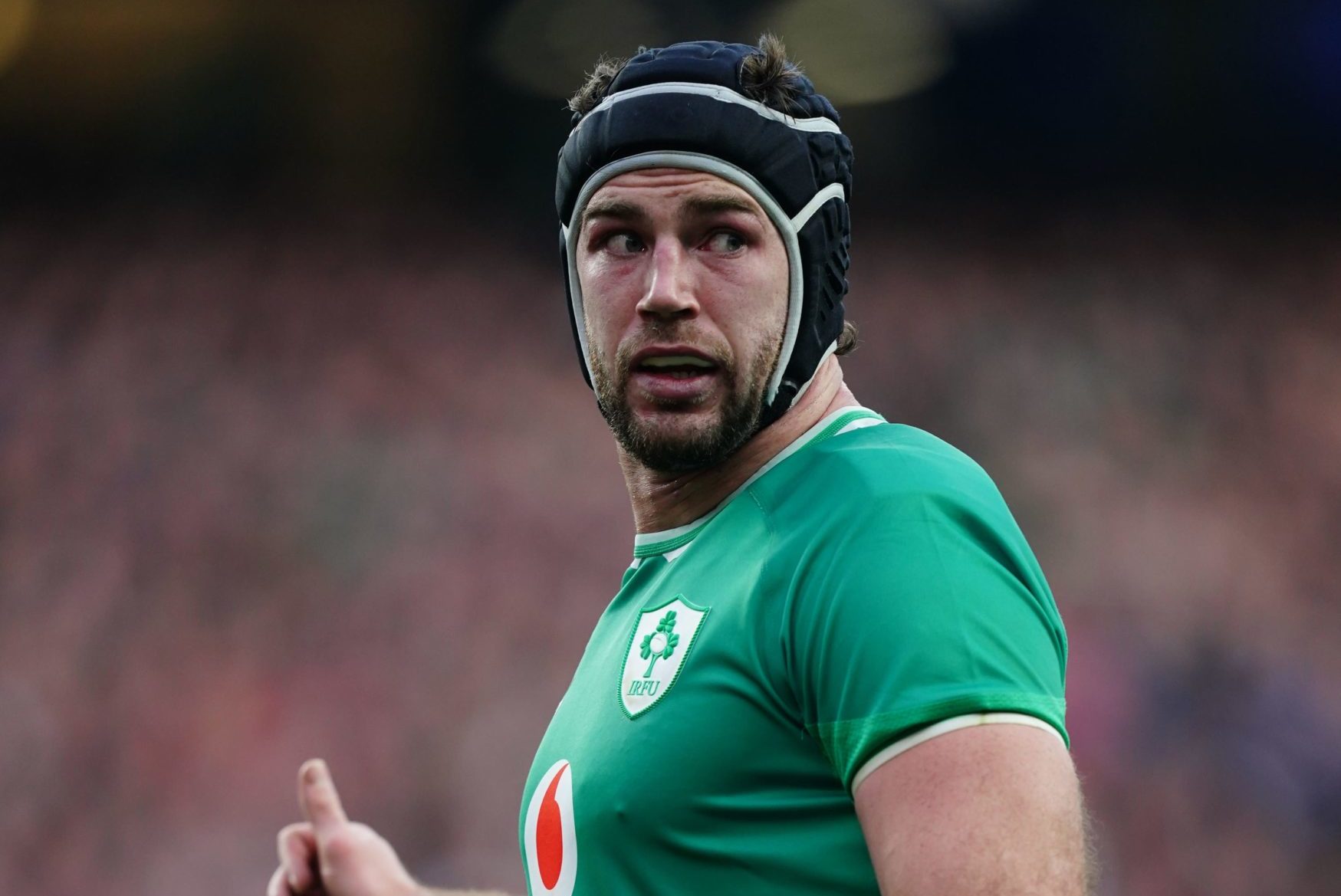
British and Irish Lions
British and Irish Lions Watch: Caelan Doris confirmed to miss the tour with injury



















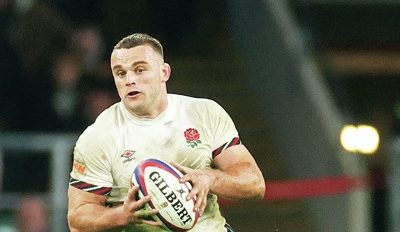



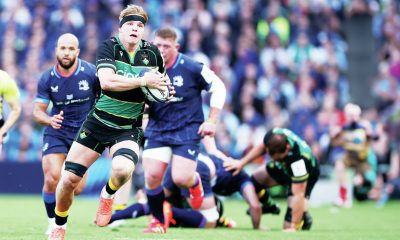

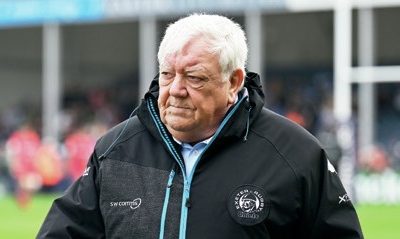

Andrew McClure
23 July 2013 at 9:14 AM
good call Nick, you sum the situation and relative strenght of this Lions team very well